Zamknij arrow_back
- Nowości
-
Mapy i publikacje
add remove Mapy papierowe add removePublikacje papierowe add remove
-
Nawigacja
add remove Zegary add removeBarometry add removeTermometry , Higrometry, Barografy add removeAreometry (Densymetry) add remove
-
Sygnalizacja
add remove Lampy Nawigacyjne, Szperacze add removeŻarówki add removeLatarki add removeZnaki dzienne add remove
-
Środki ratunkowe
add remove Kamizelki add removeTratwy add removeKombinezony ratunkowe add removePirotechnika morska add removeKoła, Pławki, Tyczki add removeUprzęże, Linki, Taśmy Bezpieczeństwa add removeReflektory radarowe add removeBosaki, Wiosła add remove
-
Elektronika morska
add remove Radiotelefony add removeOdbiorniki Pogody add removePLB / AIS MOB, OLAS add removeRadiopławy, Transpondery add removeWiatromierze add removeAkcesoria add remove
-
Sprzęt pożarowy
add remove Akcesoria add remove
-
Wyposażenie pokładowe
add remove Drabinki Pilotowe, Ewakuacyjne add remove
- Nowości
-
Mapy i publikacje
add remove Mapy papierowe add removePublikacje papierowe add remove
- Nawigacja add remove
- Sygnalizacja add remove
- Środki ratunkowe add remove
- Elektronika morska add remove
- Sprzęt pożarowy add remove
-
Wyposażenie pokładowe
add remove
Guidance Document on the Implementation of an Incident Management System (IMS), 2012 Edycja
This publication provides guidance on the establishment of an incident management system (IMS) for marine pollution incidents.
An established IMS provides for the safe, effective and efficient management and deployment of resources for all types of emergency incidents. It is essential for effective pollution incident management, providing a clear command structure and well-defined roles and responsibilities within an optimal span-of-control. The IMS is intended to be staffed and operated by qualified personnel from any agency and is scalable so that it can adapt organizationally based on the needs of the incident.
This Guidance document would ideally be used during the contingency planning process in conjunction with the IMO Manual on Oil Pollution, Section II - Contingency Planning and Section IV - Combating Oil Spills.
An established IMS provides for the safe, effective and efficient management and deployment of resources for all types of emergency incidents. It is essential for effective pollution incident management, providing a clear command structure and well-defined roles and responsibilities within an optimal span-of-control. The IMS is intended to be staffed and operated by qualified personnel from any agency and is scalable so that it can adapt organizationally based on the needs of the incident.
This Guidance document would ideally be used during the contingency planning process in conjunction with the IMO Manual on Oil Pollution, Section II - Contingency Planning and Section IV - Combating Oil Spills.
Podobne z kategorii
Availability: Out of stock





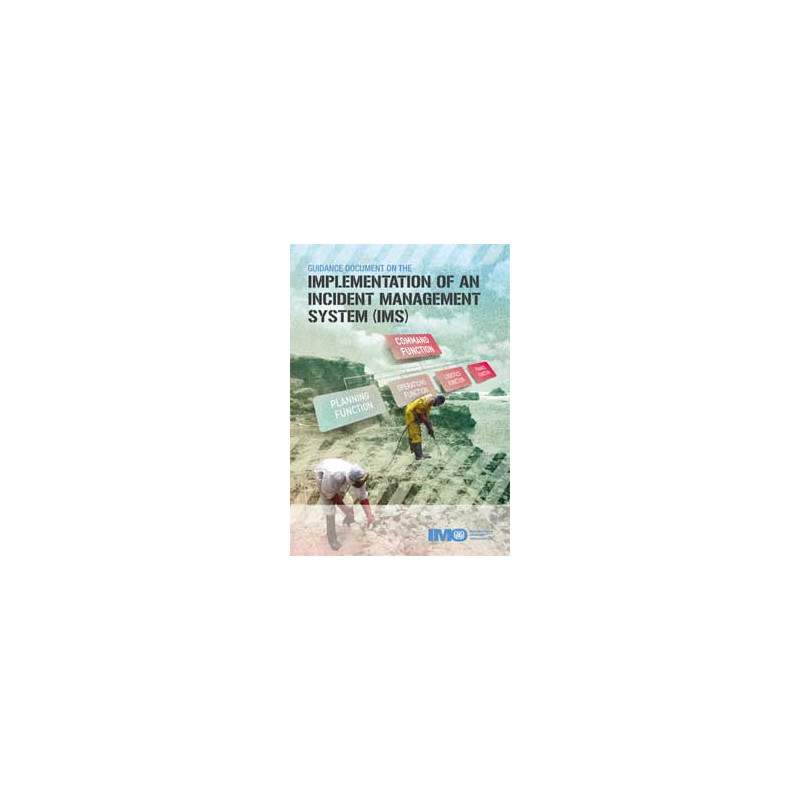

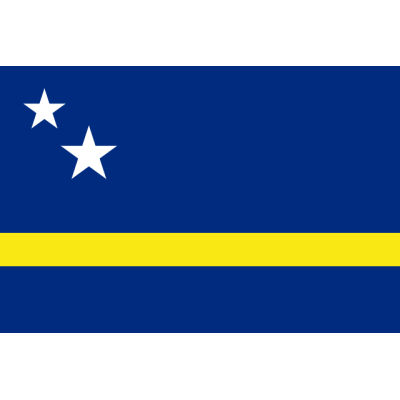


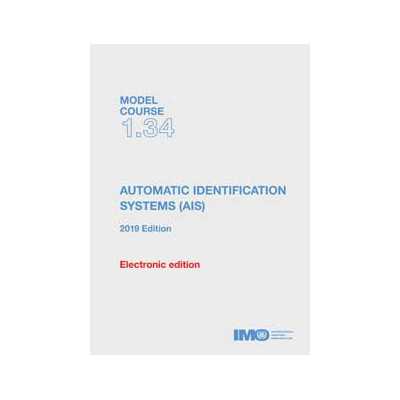
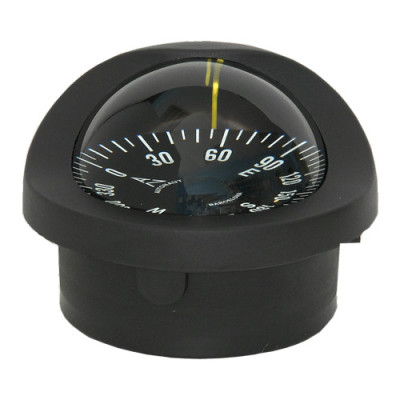





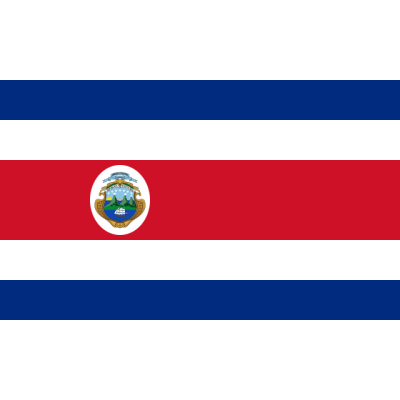





 Cookies
Cookies